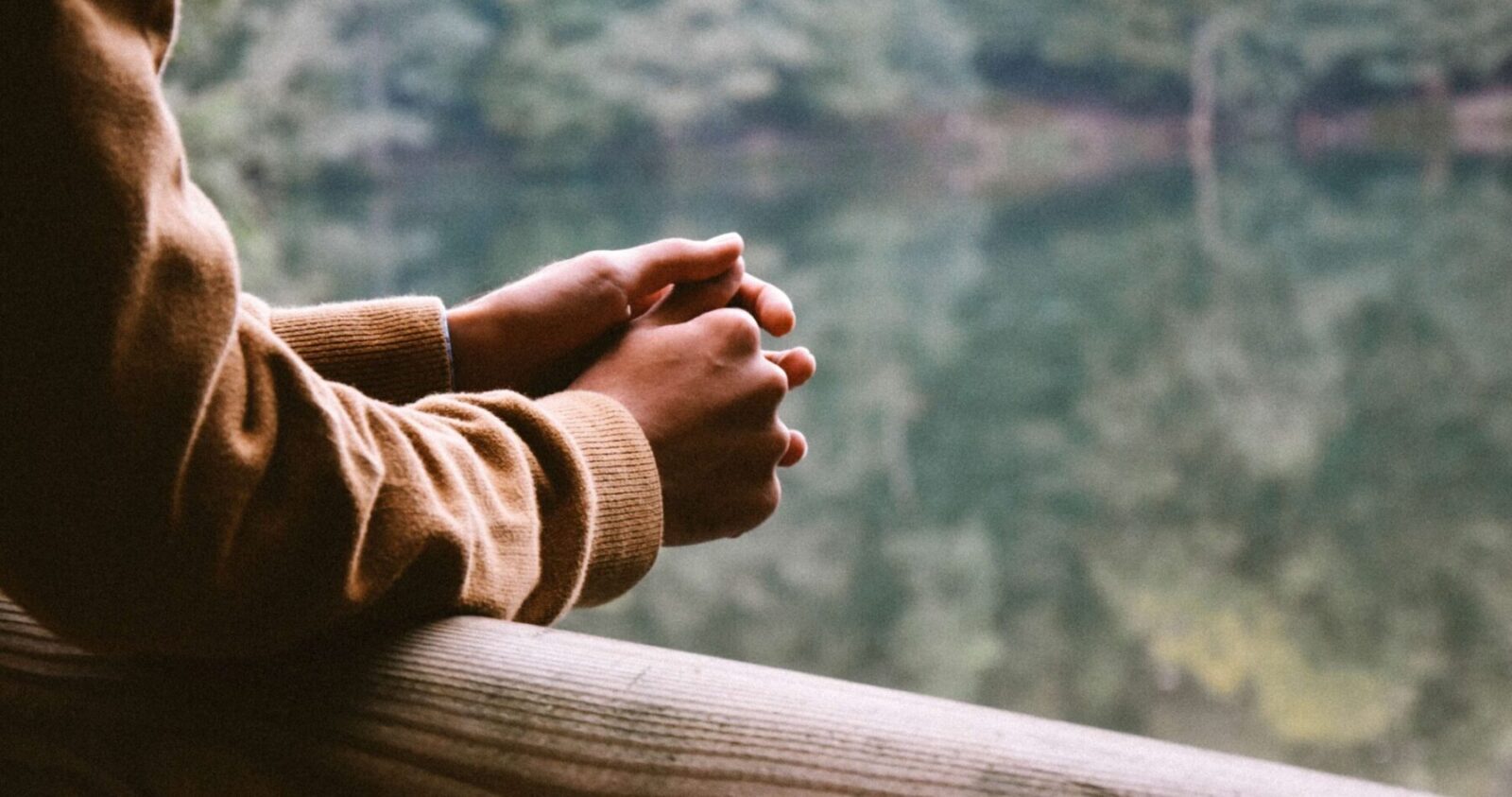Dr. Nelson I. Colón-Tarrats
President / Fundación Comunitaria de Puerto Rico
There can be no doubt that last week was a game-changer in philanthropy. On separate efforts we had on one side, 63 active members of ABFE (Association of Black Foundation Executives) sign a joint statement to seek a unified effort to focus on racial justice and; on the other hand, an effort led by the Ford Foundation to increase philanthropic giving to address racial inequity by issuing debt. Both very bold moves that allows the philanthropic sector to position itself on the brink of a new era of strategic alignment.
What are the boundaries and the geographic borders of racism? A global tidal wave of anti-racism uprisings surpassing the US border. In Puerto Rico, George Floyd evokes the senseless deaths of Adolfina Villanueva, killed by police when defending her humble shack; and Jose Vega Jorge — an outstanding student, karate champion and Central American and Caribbean Games medalist — killed by a police officer, responding to a 911 robbery call to a Burger King, didn’t stop to find out that Vega Jorge had given chase to the robber. He fired off 10 shots, killing Vega Jorge.
Recently, an 11-year-old, Alma Yariela Cruz Cruz, was charged with five counts of aggression for defending herself from a cruel pattern of racist bullying in her school. Although alive, she’s still carrying the stigma of being the aggressor. On the other hand, Loíza, a small coastal town, just twenty minutes from San Juan – Puerto Rico’s capital city – founded by runaway slaves, young Black adults mentioned in a focus group held in 2015 by Fundación Comunitaria de Puerto Rico that, when they crossed paths with police in their neighborhood, they expected to be thrown to the ground, flipped over on their stomach and have their money taken from their pockets. At a local shopping mall, they said, security guards usually follow, question and harass them. Loíza enjoys the biggest concentration of Blacks on the Island, almost 40%, and it also has the widest educational achievement gap and more than 40% unemployment.
These experiences are lived and relived by many Puerto Ricans, as the color of our skin dictates the opportunities that society has designed for most of the lighter skin Puerto Ricans. A recent study conducted by the Institute for Census Research at University of Puerto Rico – Cayey, highlights that Blacks have to try four times harder to land a job.
All Black Puerto Ricans are American citizens.
This is our moment of conscience. The opportunity to include Puerto Rico, one US territory in the Caribbean, as an essential partner in these philanthropic initiatives. As the past three years have shown, Puerto Ricans are resilient, entrepreneurial and committed citizens. We have the social capital and the institutional infrastructure to move quickly and effectively.
As Puerto Rico has faced a major bankruptcy, disrupting the island’s growth; two hurricanes within a week from each other, bringing devastation especially for the most vulnerable of the population; a series of earthquakes that till this day are compromising the south region of Puerto Rico on a daily basis and; a COVID-19 health crisis, that makes the Caribbean and other islands of the world more vulnerable, due to territorial disconnection; we have found innovative, creative and common-sense solutions in a time record. Two major forces have come together allowing to face these challenges and the many more to come: the philanthropic sector and the community based non-profit sector.
Racism hurts everyone. Puerto Rico is a pivotal partner in the renewed fight to end racism and construct a new democracy.

